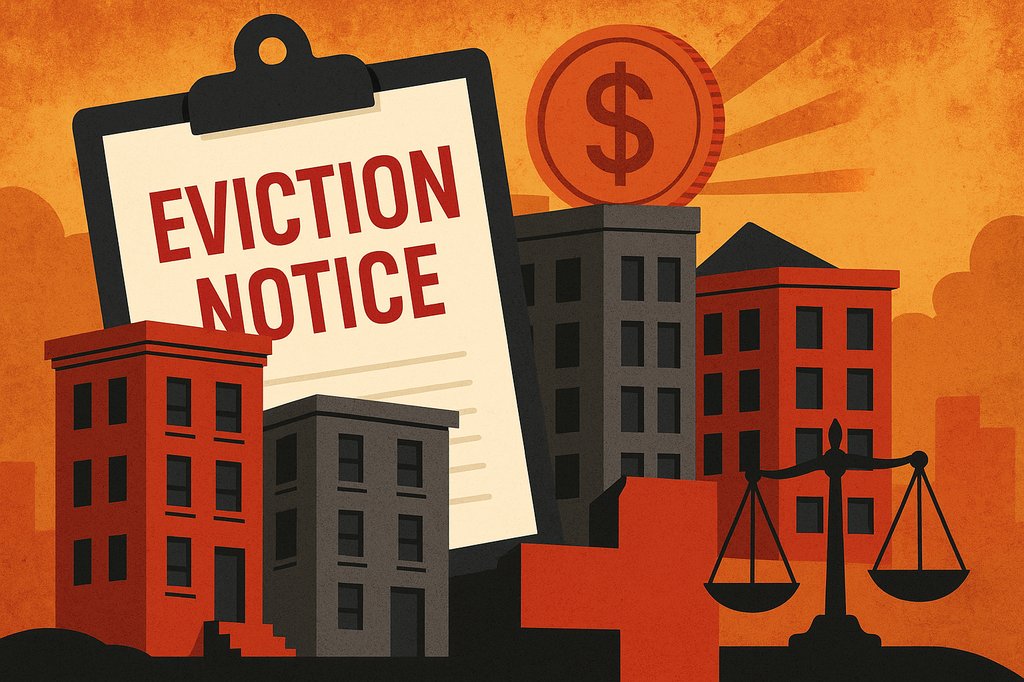Home Prices Expect Near Double Digit Growth in 2015: Good News or Bad News for Rental Markets?

Surveys and studies published in 2013 and 2014 showed that Millennials lacked confidence about buying first homes in the near future. Job scarcity, high fuel prices and staggering student debt pushed young adults toward rental housing. However, things may be looking up for this cohort.
What’s Driving the Stronger Confidence?
Spiraling gas prices and strengthened conditions in the technology and energy sectors may boost confidence to pursue homeownership.
Job stability plays an integral role in bolstering consumer confidence levels. CoreLogic’s 2015 Housing Outlook Report reveals Millennials outpaced other groups with a 3 percent job growth increase in 2014 – a full percentage point above the national average.
Although Midwest markets are typically slower to recover than metropolitan areas on both coasts, Missouri was the first state to boast a statewide average gas price below $2 – hitting $1.98 per gallon on December 26th, 2014. AAA estimated that consumers reap daily savings of $450 million compared to the first half of 2014, according to USA Today reporter Aamer Madhani.
Improvements in economic conditions prompted CoreLogic to predict US home sales will increase by 9% in 2015. Does this mean challenging times ahead for property managers?
Can Property Managers Capitalize on Millennial Confidence?
There’s plenty of good news for real estate investors.
- With oil prices falling more than $53 per barrel in 2014, property managers should see lower overhead costs associated with transportation, heating and cooling and maintenance supplies.
- Price-to-rent ratios remain high, even with mortgage rates hovering around 4 percent.
- High-end housing inventory in many markets is still tight.
- Low fuel prices translate into higher discretionary spending levels for many consumers.
- Job growth increases boost confidence.
Proactive Management is the Key to Capitalizing on Economic Improvements
The best way to meet a challenge is head on. Proactive management strategies should include fostering long-term relationships with Millennials as the US economy continues to improve. Here are a few examples to get your started.
Invest wisely. Top US markets will see stronger growth in low-end housing than higher priced inventory. Investing discretionary dollars in upgrades and amenity improvements will position your property to attract more interest and higher caliber residents.
Monitor your competition. Closely monitoring competitive pricing tiers in your community allows you to adjust rent levels to accurately reflect your inventory and price point expectations.
Engage your prospects on their terms. Millennials account for roughly a third of the US population and will most likely impact the way property managers do business for decades. Stay abreast of emerging trends and research that reveals what young adults expect.
Respect expectations. Deploy technology to improve confidence and convenience for residents. Add digital on-the-move leasing applications and online portals that support 24/7 access to maintenance teams to your line of resident services.
Good News or Bad News for Property Managers?
The US economy isn’t in full recovery yet. Some markets are thriving, while other regional pockets are still struggling.
Recent improvements in economic conditions signal better days are ahead. How well your company responds to near double digit growth in housing sales really depends on your willingness to watch key target groups in your community.
 |
Appfolio | Company Website | LinkedIn Connect | AppFolio, Inc. develops Property Management Software that helps businesses improve their workflow so they save time and make more money. Appfolio submits articles & blogs including topics of Resident Retention, Improved Owner Communication, Time Management, and more. |









